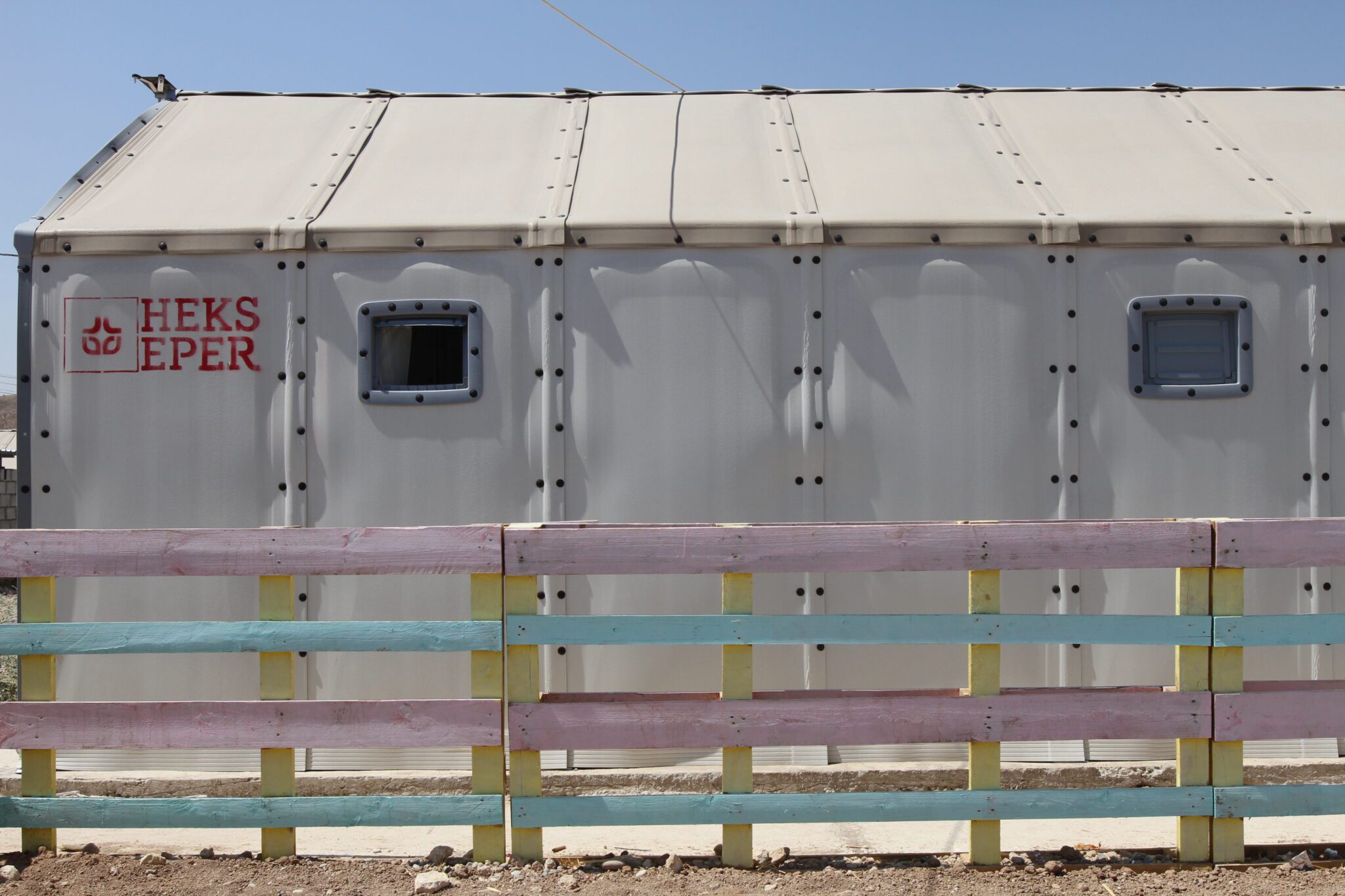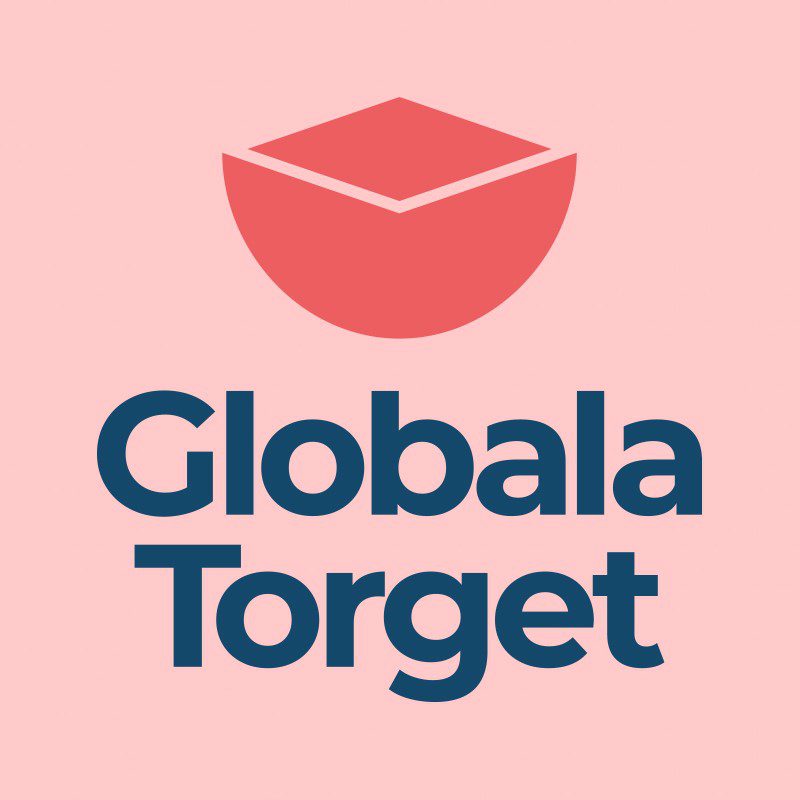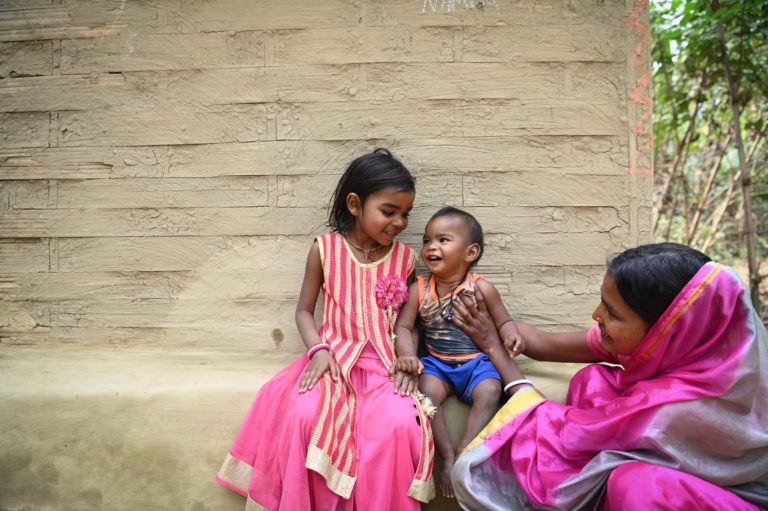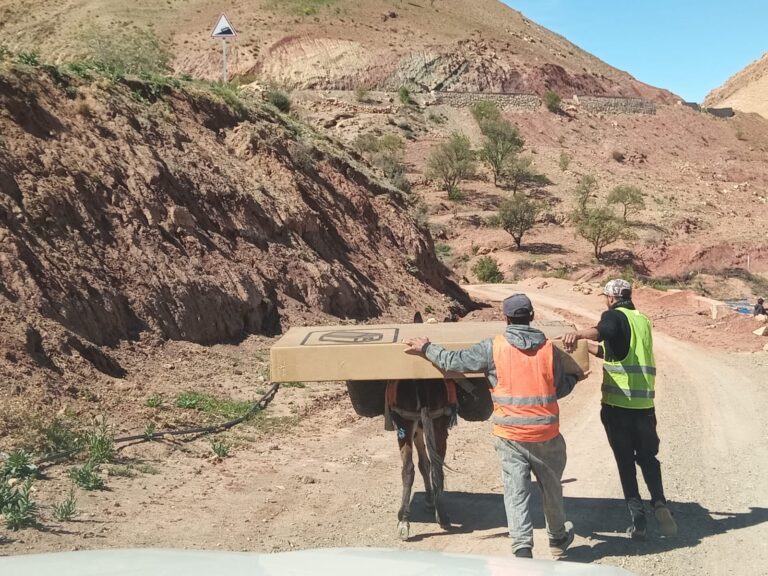Eight million Iraqis have been left displaced, and much of the country has been destroyed (primarily concentrated in the urban areas in Ninewah and Western Anbar) due to several years of conflict and the collapse of the Islamic State. Today, 1.9 million remain internally displaced, and the pace and scale of ongoing displacement and lack of support for returning families have made the Iraq crisis one of the largest and most volatile in the world.
The Swiss NGO HEKS/EPER has teamed up with Better Shelter to allow displaced families to return to the village of al-Ayadia. Located 15 km north of Tal Afar, the town was ISIS’ last stand during the Mosul Offensive in 2017. As a result, more than half of the buildings in the village were destroyed during the conflict, and of the 25,000 local population, only 5,000 have returned so far.
About the project
The project aims to restore the returning families’ privacy and dignity and promote the revival of autonomy for local families who have otherwise become dependent on aid and support.
The 113 shelters will be located on a plot of land in the centre of the town, and 120 vulnerable families will be selected for the program based on specific criteria.
Each shelter is installed on individual concrete slabs atop a concrete strip 80 cm along with the shelter and 1 m for the entrance and the back. Each shelter has a personal latrine and shower, and water waste is directed into a cesspool below the surface. Finally, a 1 x 6 m strip of land is shared between two shelters to limit concrete surfaces. All shelters are built with a 3m2 patch of green space that can be used as a vegetable garden or for flowers.
Mohammad Abdul Khadir, 57, is a former shopkeeper. He and his family are among the 120 who have received shelter through the project.
“I used to own a little shop selling sweets and other items on the street. It was good; the children would come in after school and greet me while the men would hang out and chat for the evening. It was a simple life but a good one. When ISIS came, not much changed in the beginning, but when they started to control our lives, I decided with my wife to leave. We had to leave in the night with little other than the clothes on our backs to not raise suspicion.
When we got out, we moved into a camp outside Mosul, which was not great. We depended on other organisations’ support, but we were always fearful that it would stop. When Mosul was retaken, we moved into a house in Mosul with four other families, paying 175,000 IQD [approximately USD 147] per month for a 4 x 5 square meter room for five people. It was not comfortable, but we were independent. In February, a friend called me and told me that HEKS-EPER invited people to return to al-Ayadia, I signed up immediately.
Today, my son is completing his final exam; he has wanted to return to al-Ayadia for some time. I decided with my wife not to tell our children that we had been accepted for a shelter until I had the keys in my hand. This is Iraq, so things change quickly. I am excited to go home, tell the family to pack their bags and tomorrow we will be living in our new home. The shelter is not perfect, but we are among friends and family. This is our home, and having this shelter is the next best thing. I will now try to reopen my business and save money to rebuild my house. It will cost between 14-15 million IQD (USD 12,000-13,000) to make it liveable, and I hope to rebuild our lives again.”
Mohammad Abdul Khadir
Swiss-based HEKS/EPER works towards a more humane and just world and a life in dignity. They focus on rural community development, humanitarian aid, and inter-church cooperation. Within Switzerland, it fights for the rights and integration of refugees and socially disadvantaged people.




